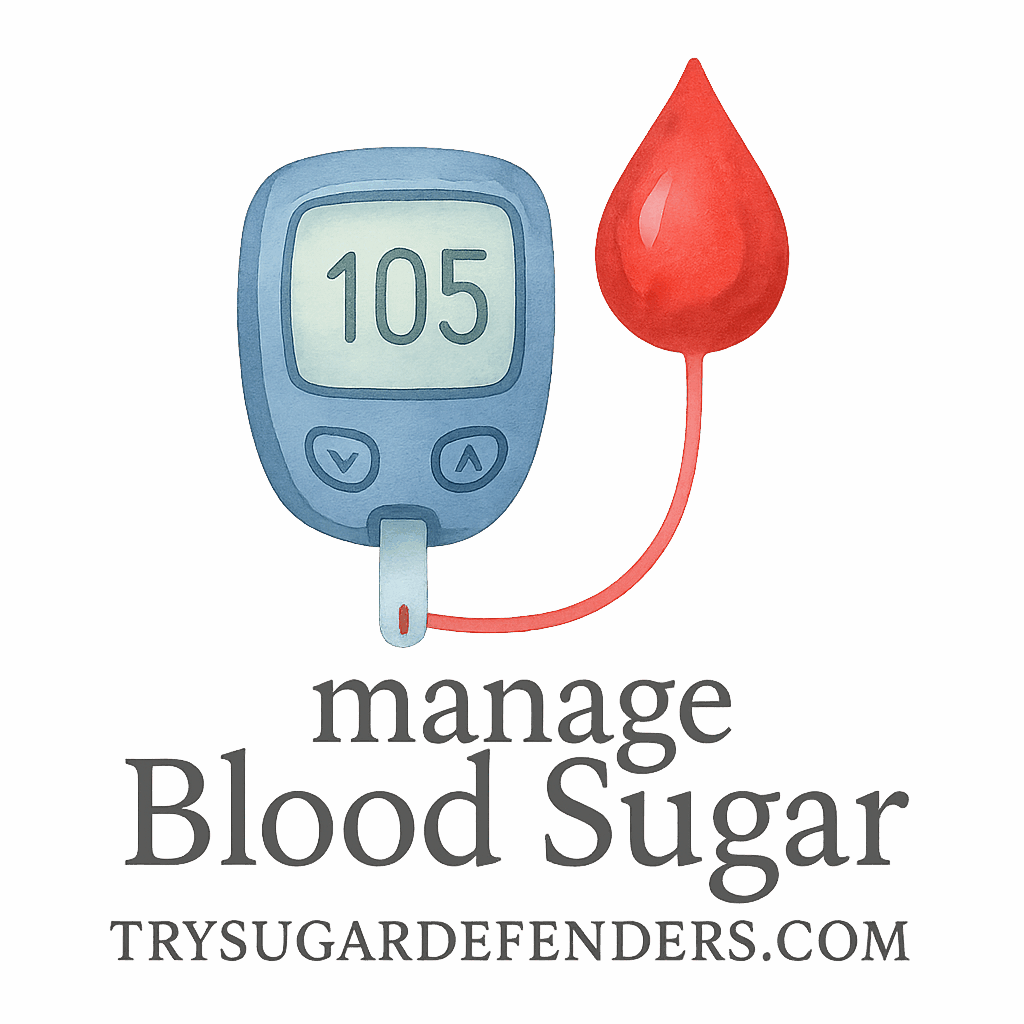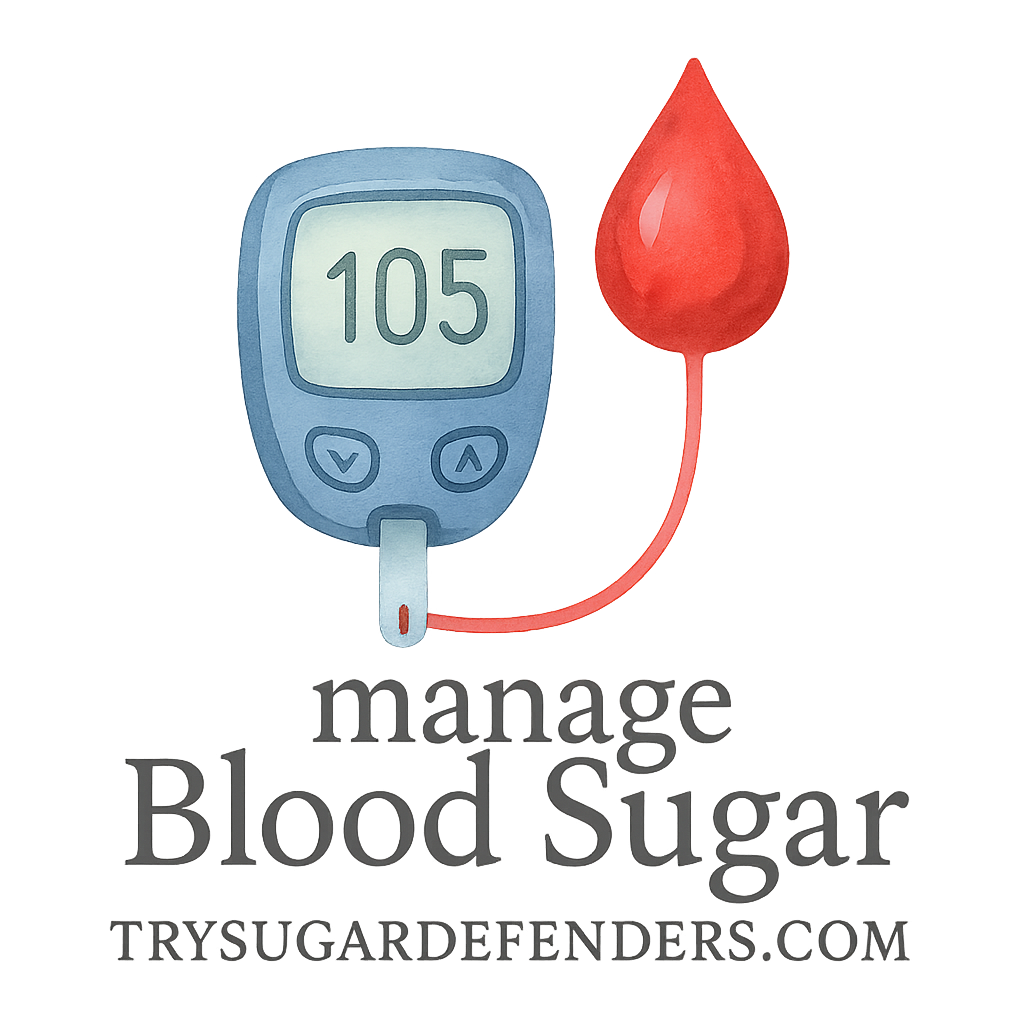Introduction
Let’s face it — dealing with blood sugar highs and lows isn’t just about cutting sugar or taking meds. It’s about building daily habits that support your body’s ability to bounce back and stay balanced. If you’re tired of feeling like your energy is on a rollercoaster, this guide is for you. Today, we’re diving into 8 powerful habits you can start now to become more resilient to blood sugar fluctuations.
1. Understand Your Blood Sugar Patterns
Why Self-Awareness Is Your First Line of Defense
Before you can improve anything, you’ve got to understand what’s going on. That means tuning in to your body and recognizing how certain foods, stress, and activities impact your levels.
How to Track Blood Sugar Daily
Use a continuous glucose monitor (CGM) or a glucometer to get real-time insights. Don’t just look at the numbers—note how you feel before and after meals. For tools and trackers, check out our monitoring and tracking guide and recommended devices.
2. Eat Balanced Meals Consistently
What a Blood Sugar-Friendly Plate Looks Like
A balanced plate isn’t just about avoiding carbs. It’s about combining fiber, healthy fats, lean proteins, and complex carbs to slow digestion and glucose release.
Explore meal plans on our diet and nutrition page for real food inspiration.
Timing Matters: Don’t Skip Meals
Skipping meals is like giving your body permission to spike. Eating every 3–4 hours helps keep things steady. Learn more through our diet tag and meal timing methods.
3. Build an Active Lifestyle
Exercise and Glucose: What’s the Link?
Exercise helps muscles use glucose more efficiently, meaning less sugar floating around in your bloodstream. It also improves insulin sensitivity over time.
Simple Routines You Can Start Today
You don’t need to run a marathon. Start with a 30-minute walk after meals or explore ideas in our exercise and lifestyle section. Need motivation? Check out tips under the fitness tag or routine.

4. Get Serious About Sleep Hygiene
How Sleep Impacts Your Blood Sugar
Poor sleep increases cortisol, a stress hormone that directly affects blood sugar. One bad night can throw off your entire day’s readings.
Habits for Better Rest Starting Tonight
Stick to a bedtime, avoid screens an hour before, and keep your room cool and dark. For more tips, dive into healthy habits and lifestyle improvements.
5. Manage Stress Like a Pro
The Stress-Blood Sugar Connection
Stress triggers adrenaline and cortisol release — both can spike your blood sugar even if you haven’t eaten a thing!
Mental Strategies That Really Work
Try deep breathing, meditation, journaling, or CBT (cognitive behavioral therapy). Our mental strategies section is packed with resources, including CBT-related articles.
6. Stay Hydrated the Right Way
Why Water Is a Blood Sugar Ally
Dehydration concentrates glucose in your blood, making highs worse. Staying hydrated helps flush out excess sugar via urine.
Tips for Boosting Daily Hydration
- Start your day with a glass of water.
- Infuse with lemon, mint, or cucumber.
- Carry a bottle with you always.
Read more under health blood sugar or our hydration guide.
7. Use Technology and Tools Smartly
Monitoring Devices That Make Life Easier
Whether it’s a CGM or a smart insulin pen, modern tech can take the guesswork out of glucose management. These are not just gadgets — they’re your daily allies.
Check out our top picks on technology and monitors.
Apps to Stay on Track
Use apps that log food, exercise, and glucose levels. Many even offer insights and predict patterns. It’s like having a coach in your pocket.
8. Supplement Wisely with Medical Guidance
Top Supplements That Support Glucose Balance
Some supplements — like berberine, magnesium, alpha-lipoic acid, and cinnamon — have shown potential to support glucose control.
Explore our guide on medical supplements and blood sugar benefits.
Speak to a Doctor Before You Start
Always consult your provider. Supplements can interact with medications or worsen certain conditions. Check the doctor consultation section for questions to ask.
Conclusion
Managing blood sugar isn’t a one-size-fits-all journey. It’s about daily choices that build strength and balance over time. By developing these 8 habits, you’re not just reacting to blood sugar swings — you’re building true resilience against them.
Start small. Maybe drink more water today. Maybe go for a short walk. These habits stack up, and before you know it, you’ll feel more in control, more energetic, and far less at the mercy of glucose spikes.
If you’re ready to take full control of your wellness, explore more in-depth strategies and resources at Try Sugar Defenders.
FAQs
1. What’s the best habit to start with for managing blood sugar?
Start with tracking your blood sugar and how you feel. Self-awareness is the foundation for all the other habits.
2. Can stress really raise my blood sugar?
Yes! Stress hormones like cortisol can spike your blood sugar even if you haven’t eaten.
3. How often should I exercise to see a benefit?
Aim for at least 30 minutes of moderate activity most days. Even walking counts!
4. Do I need supplements to manage blood sugar?
Not always. But certain ones can help when paired with lifestyle changes. Talk to your doctor first.
5. What if I can’t stick to a strict routine?
You don’t need to be perfect — just consistent. Small changes, repeated daily, make a big impact.
6. How much water should I drink daily?
Aim for at least 8 cups, more if you’re active or in a hot climate. Listen to your body.
7. Where can I learn more about managing blood sugar naturally?
Explore resources at Try Sugar Defenders, including guides on behavioral strategies, nutrition, and more.


